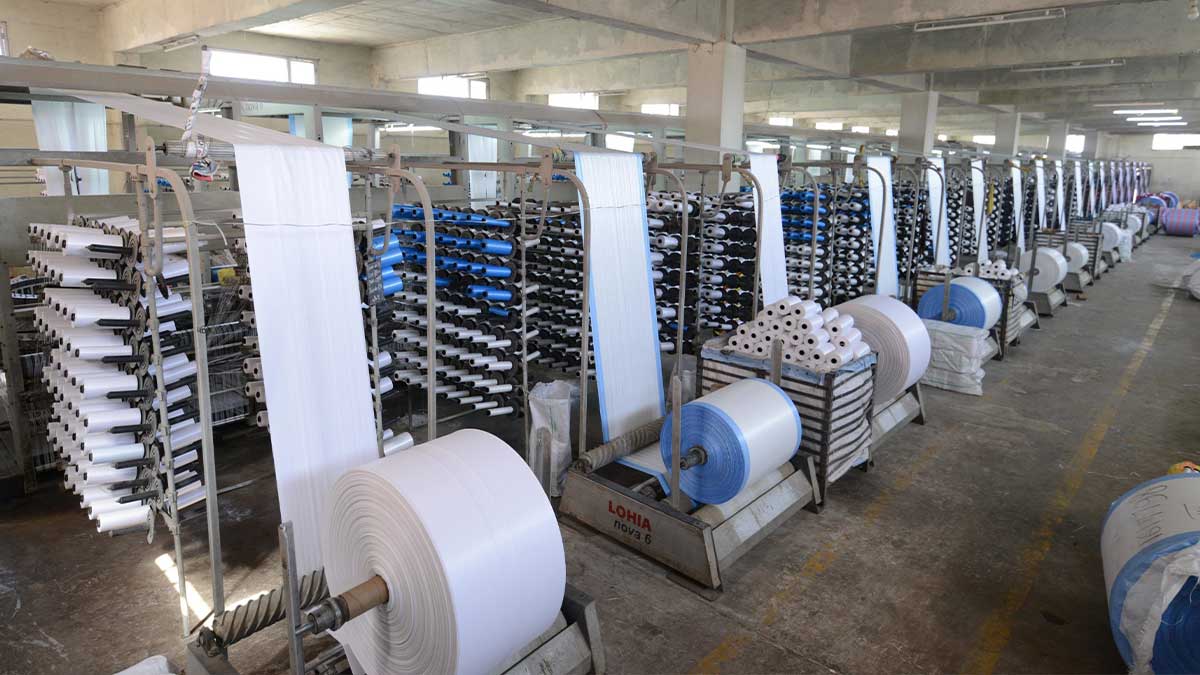Thal Limited, a subsidiary of House of Habib now has planned to establish a plant for the manufacturing of polypropylene woven bags. Total investment on this project will cost Rs 1.7 billion. Polypropylene is a Class 5 recyclable material.
The use of polypropylene ensures total recycling at the end of the product’s life avoiding harming the environment. As such, this an environment-friendly and an alternative to polythene bags.
Read more: Lahore High Court imposes ban on polythene bags across Punjab
Salman Burney, the Vice Chairman of House of Habib, recently performed the groundbreaking of the polypropylene plant at Thal Limited factory in Hub. The plant would be commercially operational by the end of February next year. The plant has been imported from Windmoller and Holscher, Germany which has the capacity of producing 90 million bags annually.
Burney said that the investment would cause the enhancement in the national income of the country. Woven polypropylene has a number of qualities. It is popular as a bag material as it is light in weight, easy to carry, non-stainable, non-toxic, waterproof, and can bear a heavy load.
There is heavy use of polypropylene in different industries like cement, sugar, rice packaging and poultry feed, etc. Only sugar production in Pakistan generates demand for 100-120 million bags per year. The fertilizer products generate a primary demand for 170-180 million bags of polypropylene.
Apart from the use in the industrial sector, the retail market also has a big scope of these bags not only in the country but polypropylene bags can also be exported in big quantity.
The use of these bags would tremendously increase not only in Pakistan but all over the world because of being environmentally friendly.
The condition of pollution in Pakistan is aggravating day by day. Along with the other factors, the abundance in the use of polythene bags is a major reason for the dirty atmosphere in the country. The polythene bags are not destroyable and as such remain in the atmosphere, creating a big problem, especially with reference to the blockage of the sewerage system.





















